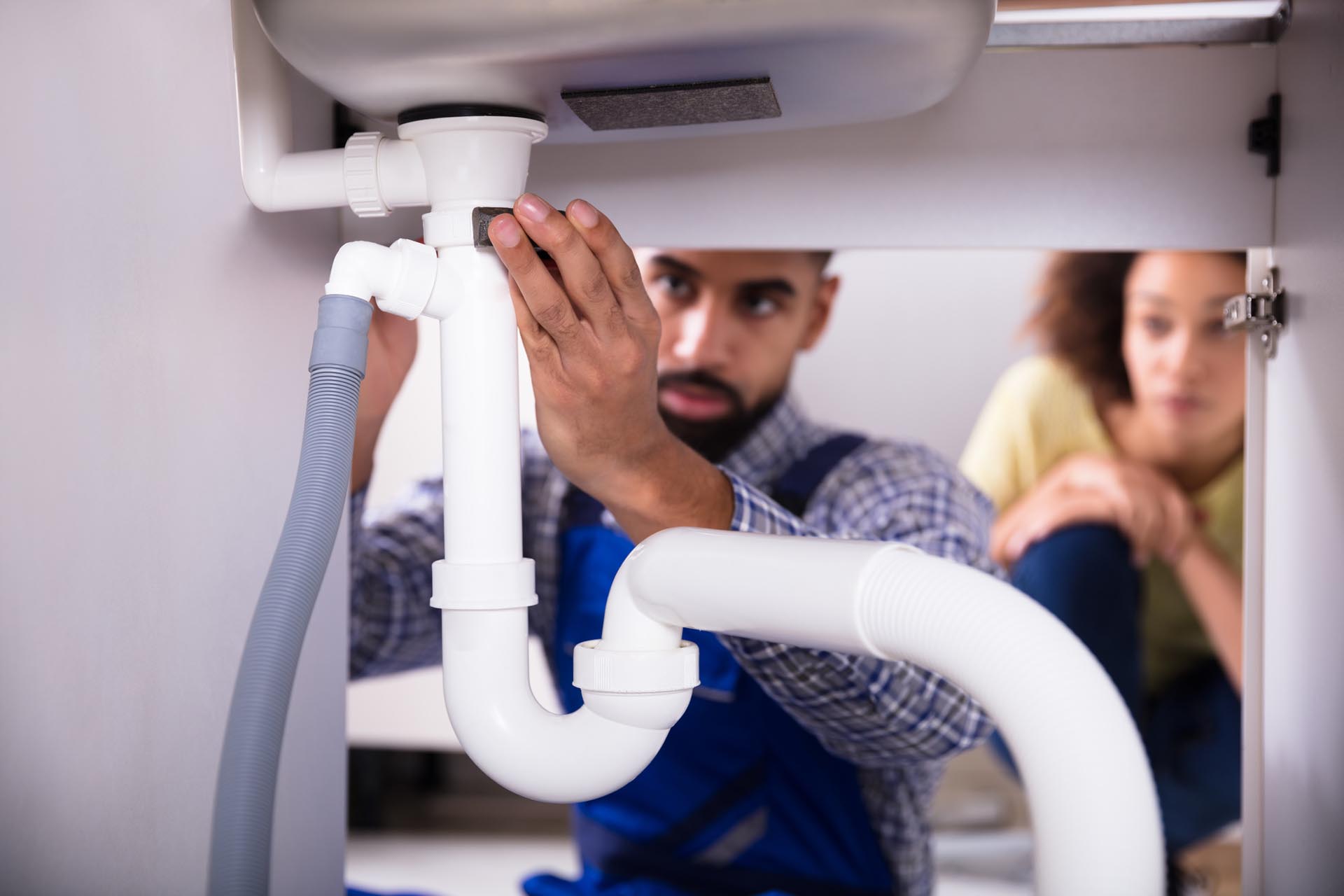5 Essential Tips for DIY Residential Plumbing Projects

Image Source: Google
Dealing with plumbing issues is a common occurrence in any home, and while some problems may require professional assistance, there are several DIY plumbing projects that you can tackle on your own. Whether you are looking to fix a leaky faucet, unclog a drain, or install a new fixture, having some plumbing know-how can save you time and money. To help you complete your DIY residential plumbing projects, here are five essential tips to keep in mind.
1. Safety First
Before you start any DIY plumbing project, it is crucial to prioritize safety to avoid accidents or injuries. Here are some safety tips to consider:
- Always wear protective gear such as gloves and safety glasses to prevent injuries.
- Turn off the water supply to the area you will be working on to avoid flooding.
- Use caution when working with tools to prevent cuts or other mishaps.
- If you are unsure about a task, do not hesitate to call a professional plumber for assistance.
2. Gather the Right Tools
Having the right tools for the job is essential for the success of your DIY plumbing project. Here are some basic tools that you may need:
- Adjustable wrench
- Pipe wrench
- Plunger
- Plumber's tape
- Pipe cutter
- Plumbing snake
- Bucket for catching water
3. Educate Yourself
Before diving into a DIY plumbing project, take the time to educate yourself on the task at hand. There are plenty of resources available online, including tutorials and how-to videos, that can guide you through the process. Here are some tips to help you educate yourself:
- Research the specific issue you are facing and how to address it.
- Watch videos or read step-by-step guides on plumbing projects similar to yours.
- Consult plumbing books or manuals for additional information.
- Ask for advice from knowledgeable friends or family members.
4. Take Your Time
Rushing through a plumbing project can lead to mistakes that could cost you more time and money in the long run. Take your time to plan and execute the project carefully. Here are some tips to help you stay organized:
- Create a checklist of tasks to complete before starting the project.
- Gather all the necessary tools and materials before beginning work.
- Follow a step-by-step approach to ensure you complete each task correctly.
- Do not hesitate to take breaks if needed to avoid fatigue or frustration.
5. Know When to Call a Professional
While DIY plumbing projects can be rewarding, there are times when it is best to leave the job to a professional plumber. Here are some signs that indicate you may need expert help:
- If you encounter a plumbing issue that is beyond your skill level or knowledge.
- If you are unsure of the local plumbing codes and regulations for your area.
- If you do not have the necessary tools or experience to complete the project safely.
- If the project involves major plumbing repairs or installations that require specialized expertise.
By following these essential tips for DIY residential plumbing projects, you can successfully tackle a variety of common plumbing issues in your home. Remember to prioritize safety, gather the right tools, educate yourself, take your time, and know when to call a professional for assistance. With a little effort and know-how, you can become a confident DIY plumber and save money on costly repairs.
